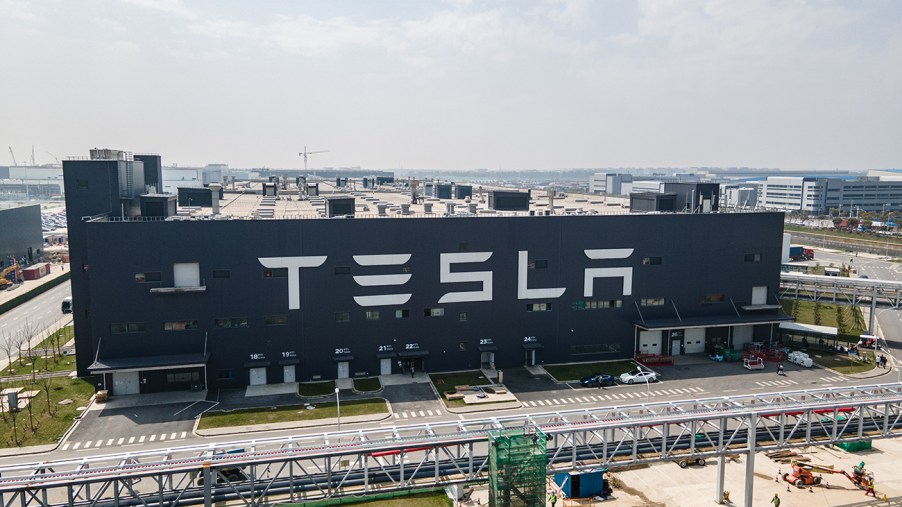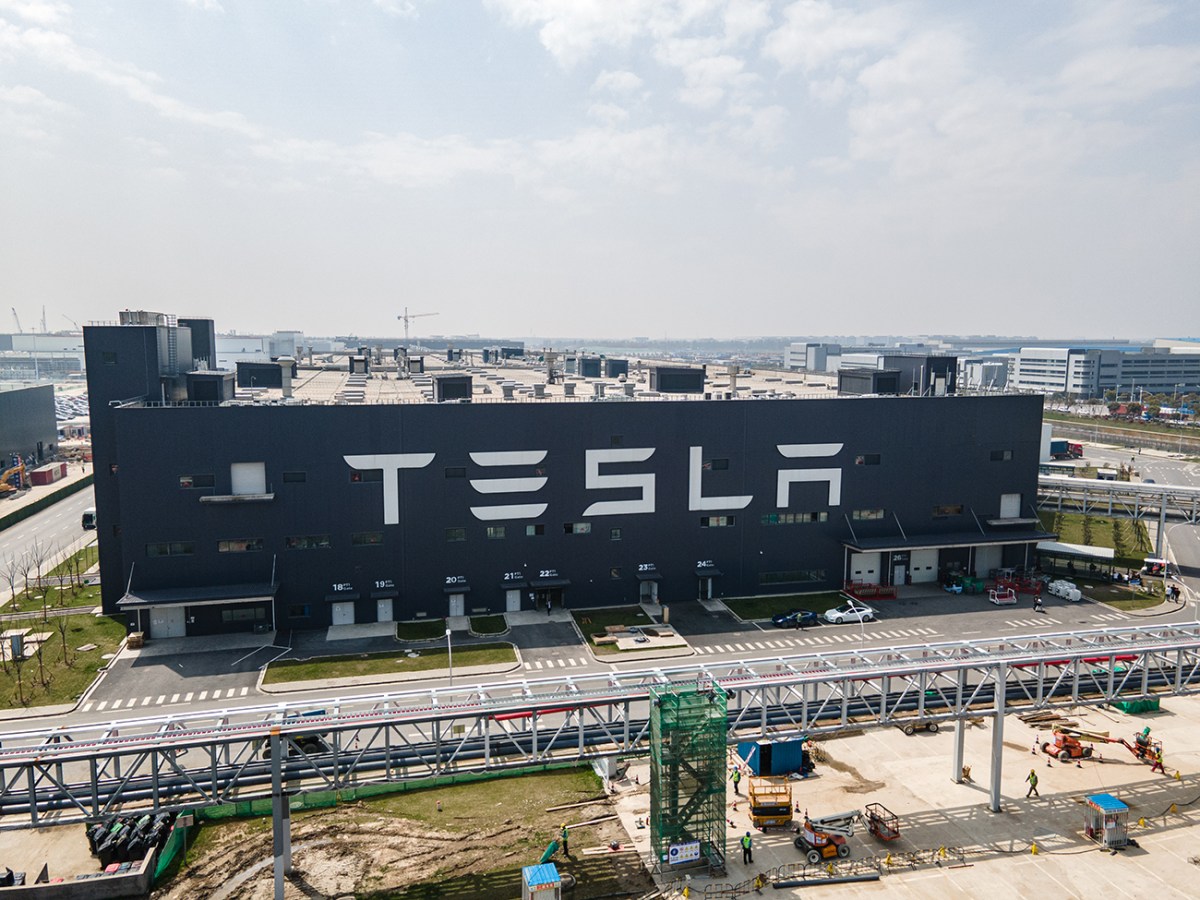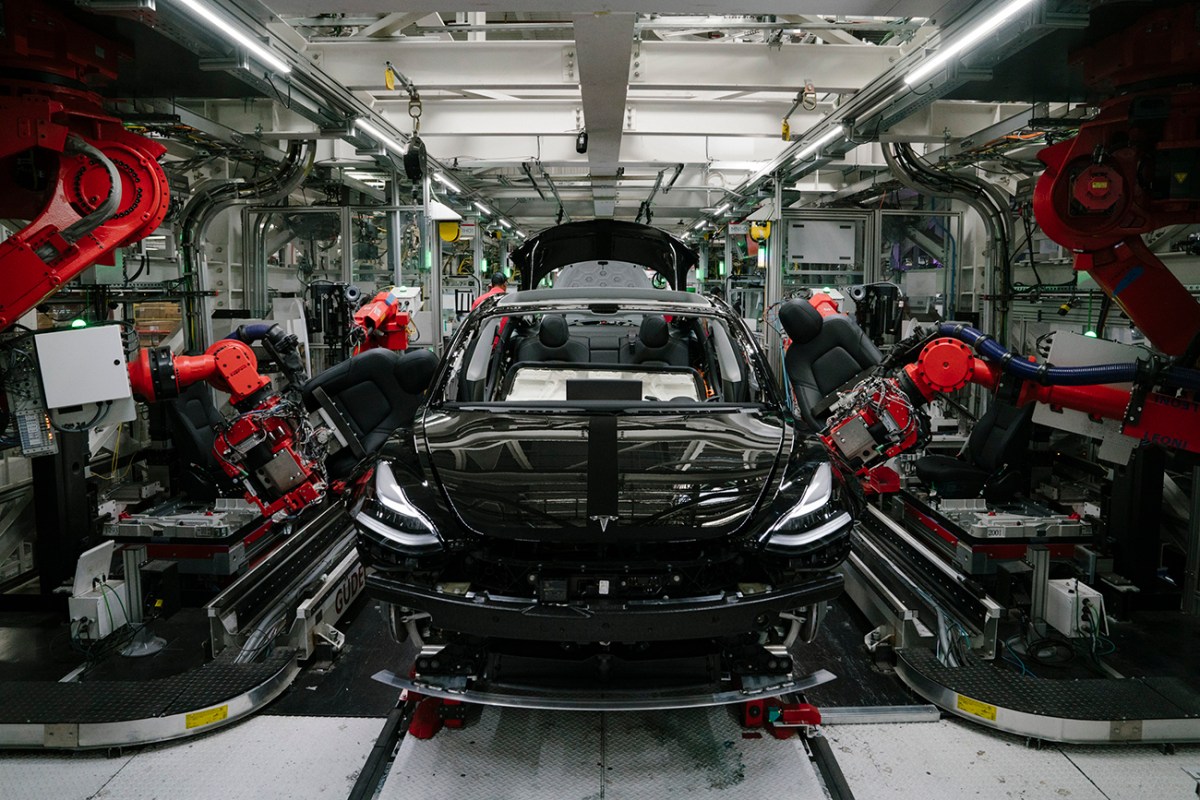
Tesla Shanghai To Produce 450,000 Cars By End Of 2021
The global chip shortage has wreaked havoc on the automotive industry on both the manufacturer and consumer sides. Due to the chip shortage, several crucial parts for automotive production, such as ECUs and other computer-controlled components, are in short supply.
The inability to source parts needed to build cars results in automakers being forced to shut down factories. When factories shut down, fewer cars are produced, which causes the price of new and used vehicles to skyrocket for consumers. Even car rentals have gone up exponentially as an indirect result of the chip shortage.
However, not all automakers have been hit hard by the global chip shortage.
Tesla Shanghai will produce 300,000 cars despite chip shortage

According to a report from Reuters, Tesla’s factory in Shanghai is on target to produce 300,000 vehicles between January and September of this year (2021). The factory will also experience a delivery rush toward the end of the July to September quarter. This high production rate will happen despite the automotive industry reeling from the global chip shortage.
The factory in Shanghai produces Tesla Model 3 sedans and Tesla Model Y SUVs for international markets such as Germany and Japan as well as domestic markets.
In the first eight months of 2021, the Tesla Shanghai factory shipped approximately 240,000 cars, with a significant portion of that being for export. That data comes from the China Passenger Car Association.
Tesla has not officially commented on the production from their Shanghai plant. Reuters learned about numbers from two anonymous sources who requested their anonymity because they are not allowed to speak with the media.
Earlier this year, in August, an official told Reuters that the Shanghai plant was expected to produce 450,000 vehicles by the end of 2021. Over 65,000 of those vehicles will be for export.
How Tesla survived the semiconductor shortage

Several major manufacturers have been hit hard by the chip shortage. Subaru had to shut down one of its plants in Japan, and Ford faced production delays earlier this year. General Motors suffered plant shutdowns as well, which could have a significant impact on the U.S. economy.
The issue is so severe that President Biden recently met with representatives from Ford, GM, and Stellantis to address the problem. The President requested the American automakers to voluntarily submit their production data to the administration so that the government could adequately assess the situation and work on solutions.
Meanwhile, Tesla has navigated the chip shortage practically unaffected by any supply issues. Tesla has not had to endure any extended plant shutdowns, production delays, or staff layoffs. The answer to why Tesla has managed to survive the shortage is much more straightforward than most might expect.
Tesla forecasters saw the semiconductor shortage coming and made two major adjustments. First, the EV maker switched to a different microcontroller supplier that used more readily available semiconductors. Then, Tesla changed their firmware to work with the new microcontrollers.
The move certainly gained Tesla a competitive edge. However, that advantage may not last much longer. When Tesla Motors CEO Elon Musk recently attended a “Tech Week” event in Italy, he speculated that the global chip shortage will likely end by 2022.


